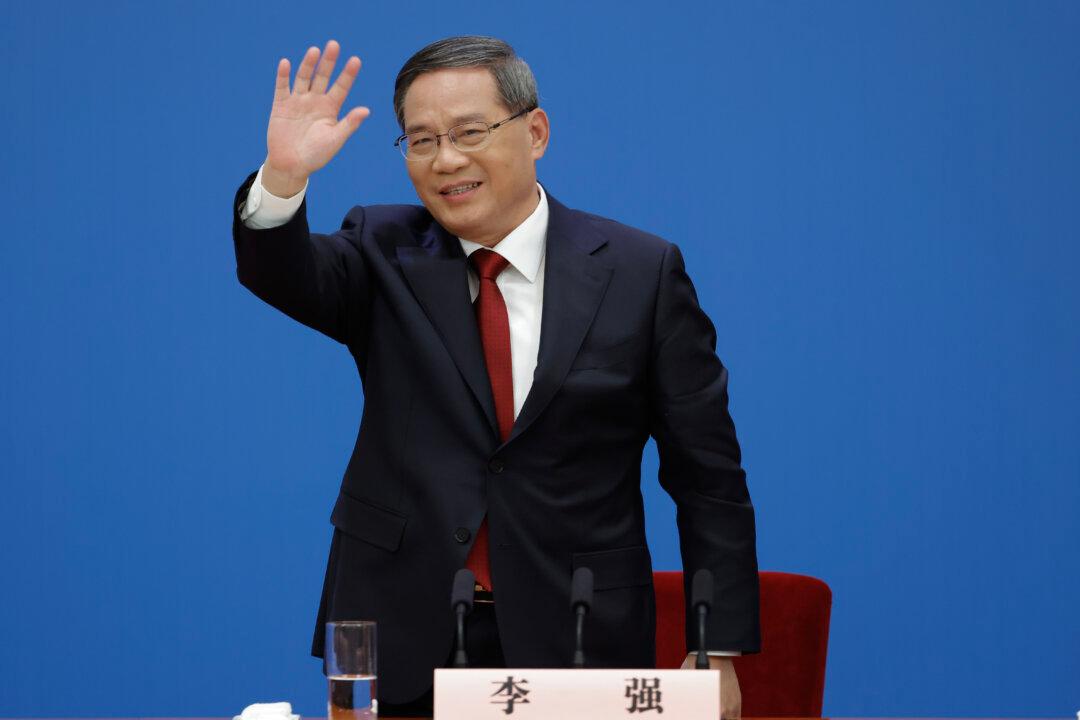Chinese Premier Li Qiang reiterated the ruling Chinese Communist Party’s (CCP) new “reform and opening-up” policy at last week’s Boao Forum, although observers say that, even with the change in tone, the CCP’s fundamental policy and economic situation won’t change significantly as long as the Party is around.
“No matter what happens in the world, we will always adhere to reform and opening up,” Li stated in his keynote speech on March 30 at the annual meeting of Asia’s top leaders.




